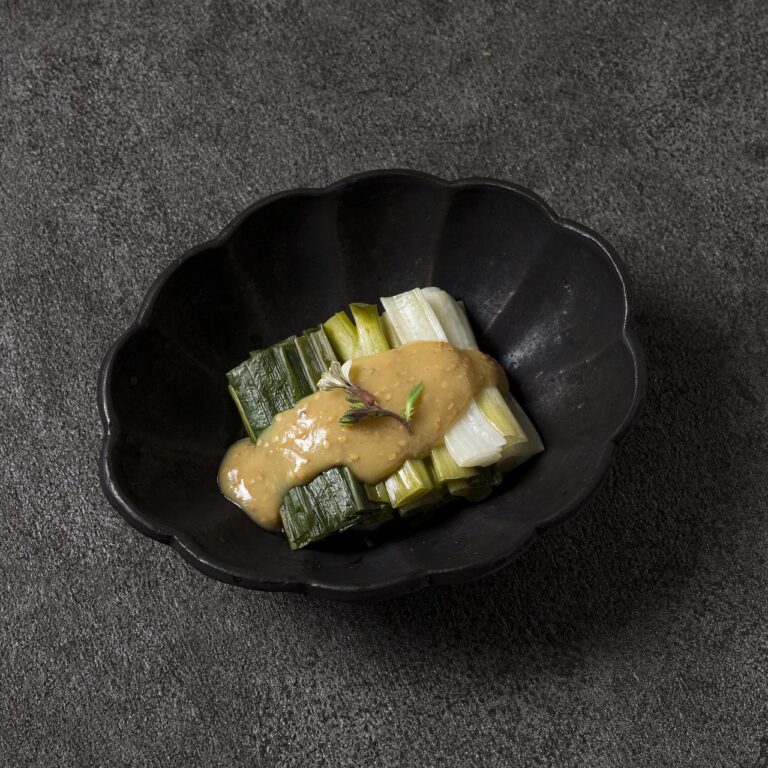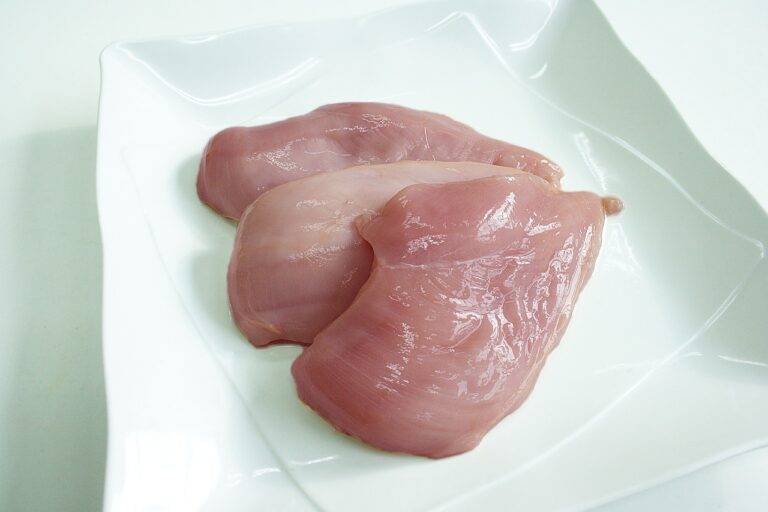The Role of L-taurine in Pet Food for Eye Health in Cats: Lotusbook 365, Play99exch, All panel mahadev
lotusbook 365, play99exch, all panel mahadev: As pet owners, we always want the best for our furry companions. We carefully select their food to ensure they get all the nutrients they need to stay healthy and happy. One essential nutrient that plays a crucial role in maintaining eye health in cats is L-taurine.
L-taurine is an amino acid that is essential for cats but not for dogs. It is naturally found in animal-based proteins, such as meat, fish, and dairy products. Unfortunately, cats cannot synthesize L-taurine on their own, so it must be provided through their diet.
The Role of L-taurine in Eye Health
L-taurine is particularly important for cats because it plays a vital role in maintaining healthy vision. The retina, which is the light-sensitive tissue at the back of the eye, contains high concentrations of L-taurine. This amino acid helps protect the delicate cells in the retina from damage and supports overall eye health.
Without enough L-taurine in their diet, cats can develop a condition called taurine deficiency, which can lead to serious eye problems, including vision loss. In severe cases, taurine deficiency can even cause irreversible damage to the retina.
Choosing the Right Pet Food
When selecting pet food for your cat, it’s essential to choose a high-quality diet that contains adequate levels of L-taurine. Look for foods that list meat, fish, or poultry as the first ingredient, as these are natural sources of L-taurine.
Additionally, make sure the food is labeled as complete and balanced, meaning it meets all of your cat’s nutritional needs, including L-taurine. Avoid foods that contain excessive amounts of fillers, such as corn, wheat, or soy, as these can dilute the levels of essential nutrients like L-taurine.
FAQs
Q: How much L-taurine does my cat need?
A: The exact amount of L-taurine required can vary depending on your cat’s age, size, and overall health. In general, adult cats need around 250-500mg of L-taurine per day. However, it’s always best to consult with your veterinarian to determine the appropriate amount for your cat.
Q: Are there any signs of taurine deficiency in cats?
A: Some common signs of taurine deficiency in cats include lethargy, weakness, vision problems, and heart issues. If you notice any of these symptoms in your cat, it’s essential to seek veterinary care immediately.
Q: Can I supplement my cat’s diet with L-taurine?
A: While it’s possible to supplement your cat’s diet with L-taurine, it’s always best to provide this essential amino acid through their food. Most high-quality cat foods are formulated with adequate levels of L-taurine to meet your cat’s needs.
In conclusion, L-taurine plays a vital role in maintaining eye health in cats. By choosing a high-quality pet food that contains adequate levels of L-taurine, you can help support your cat’s vision and overall well-being. Remember to consult with your veterinarian to ensure your cat is getting the right nutrition for optimal eye health.







